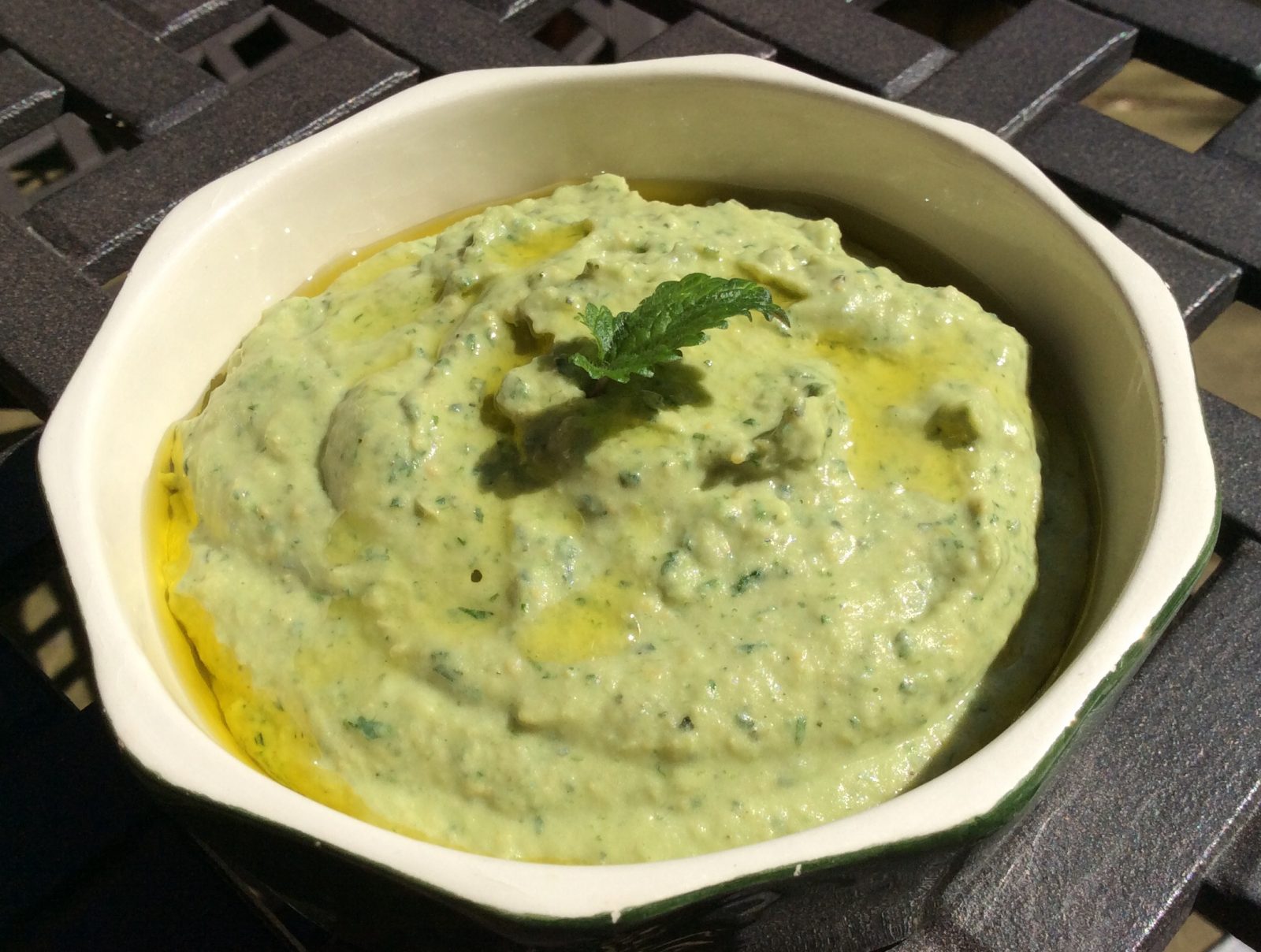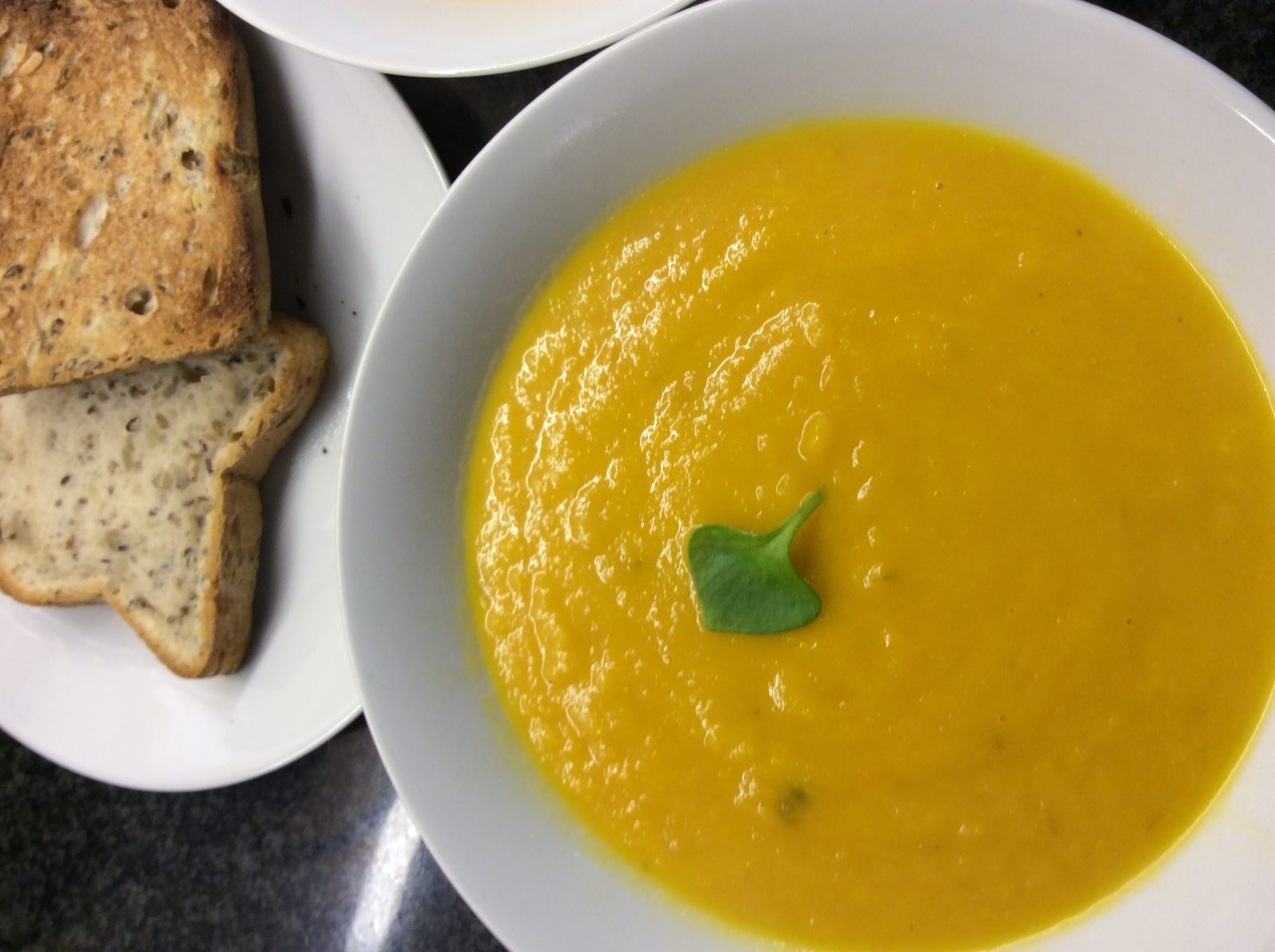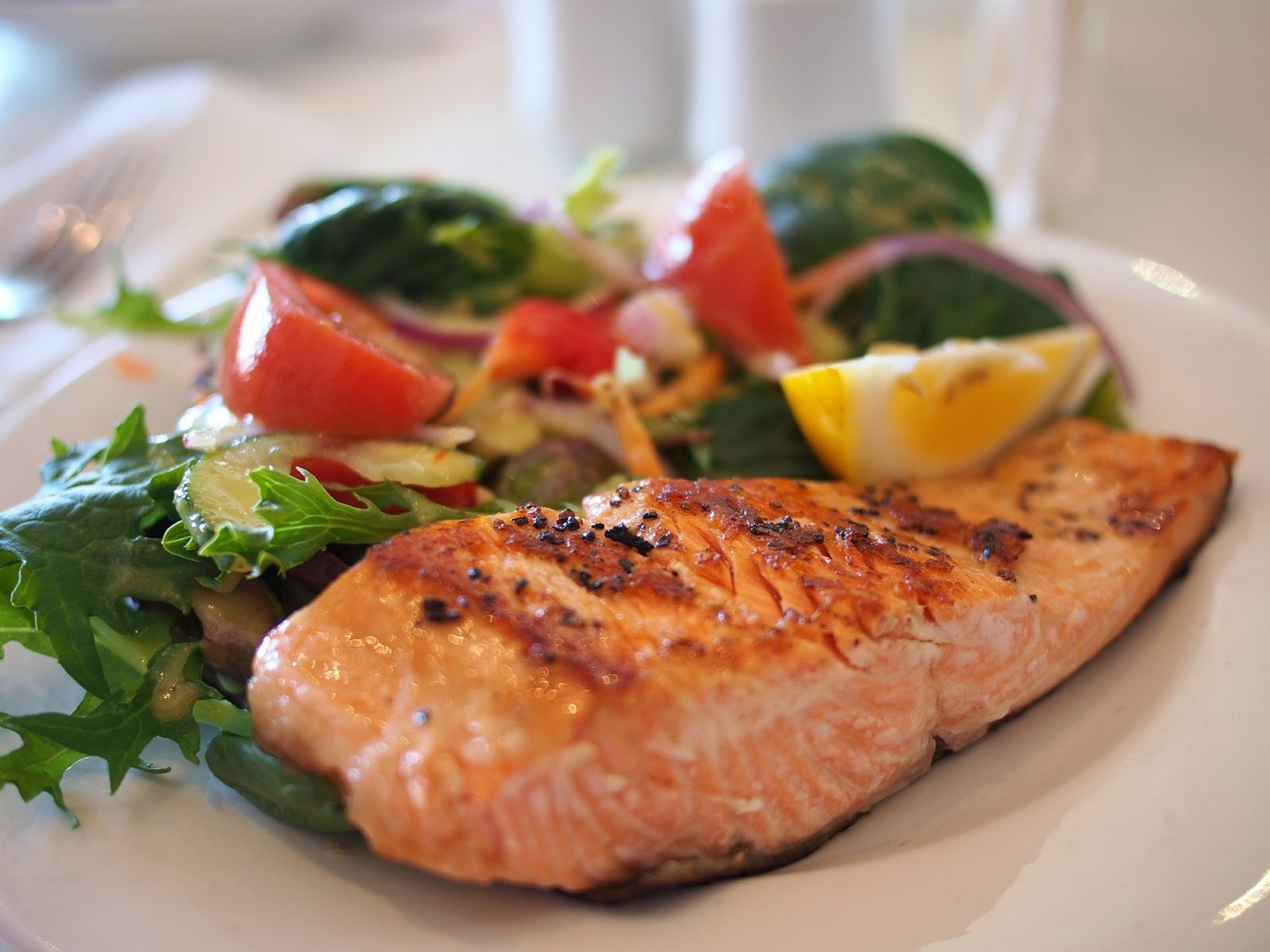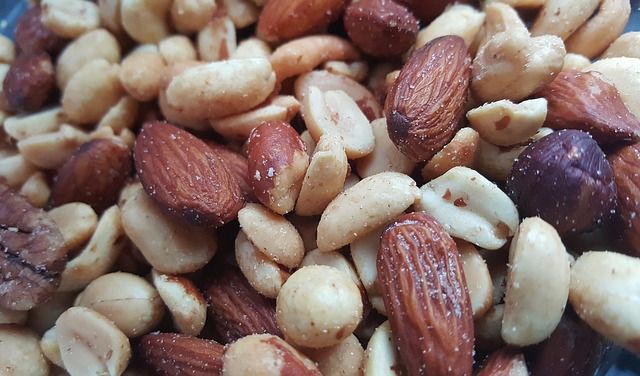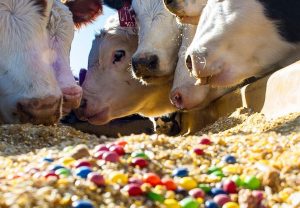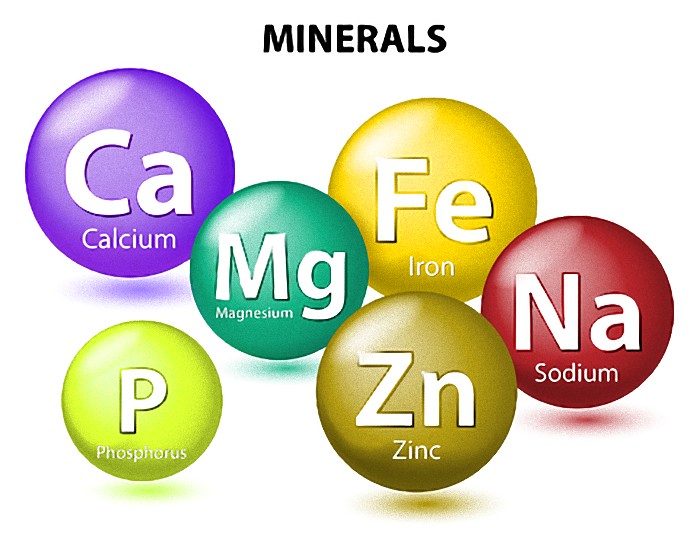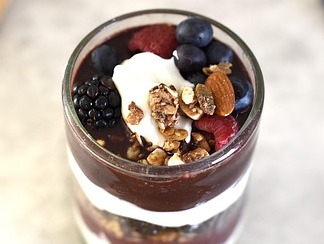Are you confused by all the nutritional advice out there? It is hardly surprising! Nutritional science is moving at an unprecedented pace and much of what we were told in the past and even advised by our Doctors, has been proved to be wrong.
Any diet given a name seems to be either praised or condemned by someone. Some are aimed at fast weight loss and others more recently at reversing conditions that we previously thought had no cure.
Atkins/SouthBeach/Dash/Paleo/AIP/LowFodmap/LCHF/ Flat Belly/Slim-fast/Weight Watchers/Slimmers World/Clean/RealFood ……….
The list goes on and on… and these days Doctors and Nutritionist are talking much more about Personalised Healthcare and plans that suit the individual – not just the condition. After all, if you are overweight it might be due to diet, lifestyle, hormones, Digestive Problems, Thyroid function, Insulin Resistance etc. and the important thing is to get to the root cause.
Functional Medicine
The Functional Medicine approach is based on finding the root cause of your health problems and supporting normal healing by making individual diet and lifestyle choices. It is a system strongly backed by science, evidence and a belief that we all have an ability to heal ourselves and have less reliance on drugs. It is also a system of medicine that believes that health is not just the absence of disease but a state of vitality and mental and physical energy.
See this article for more information
What Nutritional advice would I give?
Modern technology means we can be more aware of our health, our heart rate, quality of sleep, exercise levels, steps taken, energy burnt and we might be more aware of anything not right about our health. Monitoring people and treating the person, not the symptoms is the future of medicine.
I believe that no one diet suits everyone. For health and vitality you need the most varied diet you are able to digest and you need to work to improve your digestion for the optimum benefit. To get this right we need to let go of any previous beliefs and become aware of what our individual bodies like and need to thrive. Science is telling us that a lot of processed food contains substances that are damaging our health and therefore the ‘trend’ is towards cooking and much more fresh food than has been common over the past few decades. Your diet should not cause inflammation in your body and stress to your immune system but modern processed food diets are proven to do so in a large percentage of the population.
Canada has just bought out new Nutritional advice and food guidelines based on fresh food and they have a new food pyramid.

This is based on eating healthy fats, low carbohydrates, plenty of vegetables and some fruit. Good nutritional advice compared to most Countries guidelines.
In the UK the NHS promotes “The NHS Diet Plan – Science has a go at Diet Plans” – just the title makes me wince! Out of date Nutritional advice. They are still promoting cereals, bread and wholewheat pasta as a source of fibre and as the bulk of the diet with the emphasis on low fat foods as in the Eatwell Guide which also stipulates vegetable oils and low fat spreads. Functional Medicine Practitioners have been trying to educate people away from these choices for years!
I do not promote the Low Fodmap diet (often suggested for IBS) as this is one of the most restrictive diets to stick to and doesn’t address healing the digestive system first. No diet should be so restrictive as to take all joy out of eating. Many people that follow this diet might get some digestive relief but will almost certainly suffer from nutrient deficiencies if not carefully monitored and supplemented. Where possible I always favour real food over supplements.
So what is out?
- Calorie Counting
- Low fat diets
- Meal replacement drinks and Bars
- Low salt (better to have sea salt than processed sodium salt)
- Low Cholesterol diets
- using only egg whites
- artificial sweeteners
- MSG
- other processed food additives and colours
- all day snacking (harms the normal digestive process)
- Long exercise sessions (HIIT training was proved to more beneficial many years ago – research Loughborough Uni 2013)
Conclusions
If you are free from any digestive problems, achy joints, autoimmune disease, disrupted thyroid hormones, skin problems, heart or blood sugar problems then I would suggest that you look at incorporating more fresh foods into your diet, more healthy fats (natural saturated fats, meat, fish, butter, cheese, olive oil, olives, coconut oil, nuts and seeds), plenty of fresh vegetable and some fruit. As you increase natural fats into your diet you become hungry less often and you do not crave snacks or sweet foods as much. You may feel you eat more and feel more satisfied than previously. Cut out as much sugar and processed carbohydrates as you can and drink in moderation (wine and occasional spirits but less mixers).
If you have any of the health issues listed above then I always recommend an Elimination Diet for 4 weeks and the addition of supplements to heal the digestive tract. Probiotics, L-Glutamine, omega 3 oils, Licorice extract, and possibly Silicogel or Aloe Vera until your gut doesn’t bloat or feel uncomfortable and your bowel movements are easy and regular. Following on by very careful reintroduction of individual foods to see if your body reacts to them. This is because the root cause of many of these conditions is a damaged digestive system that might have been caused by infection, stress, antibiotics or intolerance to certain foods. If you can find and afford a Nutritional Practitioner then it would be best to work with them. They may be able to do blood, urine and stool tests as well as allergy and sensitivity tests that may speed the process. It is easy to get confused when doing it by trial and error. I tried going gluten free several times over the years and always felt better initially but it wasn’t until I carried out a proper Elimination diet that I discovered I also had intolerance to Dairy, Soy and oranges! I personally favoured using the Paleo AIP diet initially but have since been able to expand my choice of foods to include rice, gluten free oats, nuts and seeds – all in moderation. That is why I use the terms Paleo Approach, Clean and Real food. No one single diet should define what you eat or restrict foods that you do not have a problem with.
I have many posts on how to do this, which foods most often cause problems and with ideas for healthy foods so that it is not about deprivation but about making choices that satisfy you and nourish your body, brain and immune system while giving you abundant energy and good sleep.
My main tip is to learn to listen to your body. Every day your body will require different food depending on the weather, your activity, your emotional state…(that’s where the chocolate usually comes in)
One day I might fancy a succulent salmon steak, one day lamb and bacon burger with guacamole and occasionally I fancy this…
 Gluten free seeded toast, baked beans and free range eggs with Celtic sea salt and black pepper.
Gluten free seeded toast, baked beans and free range eggs with Celtic sea salt and black pepper.
Variety is the spice of life:-)
Like this:
Like Loading...
